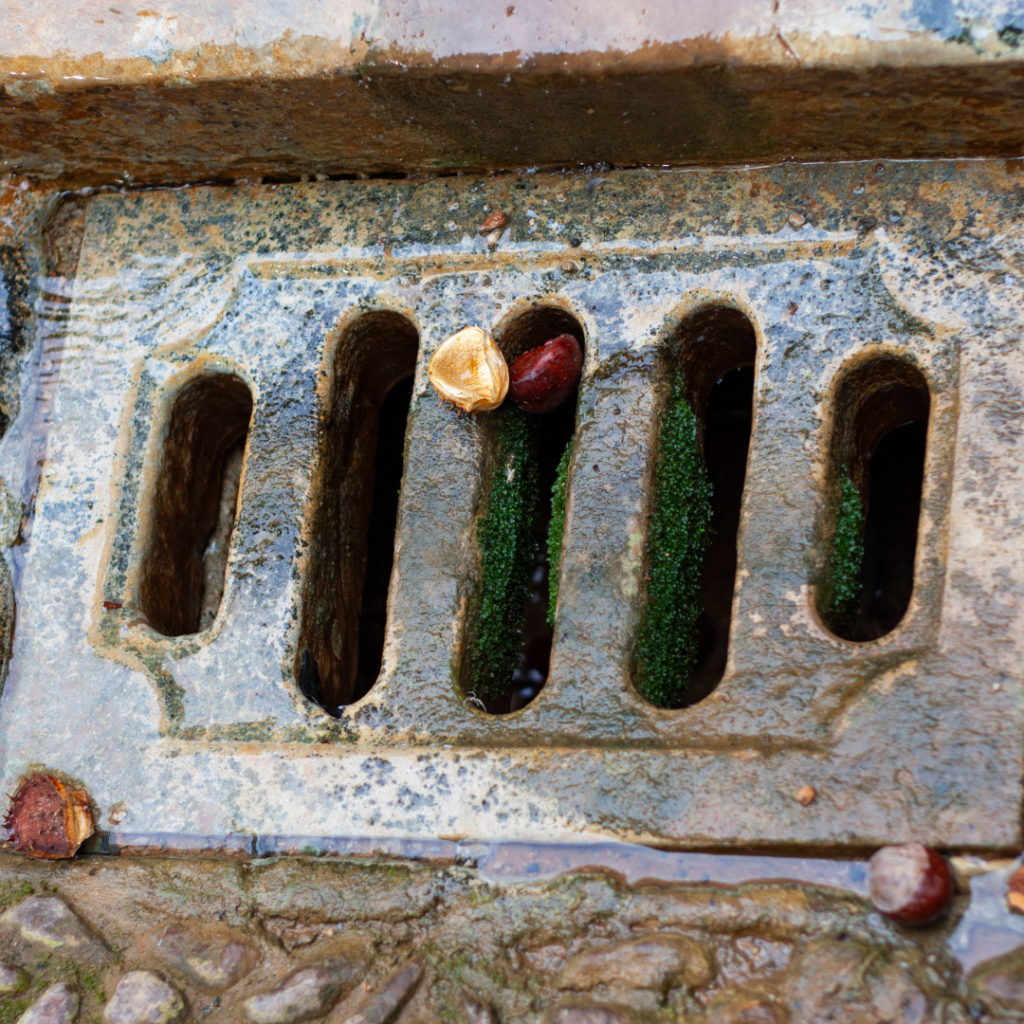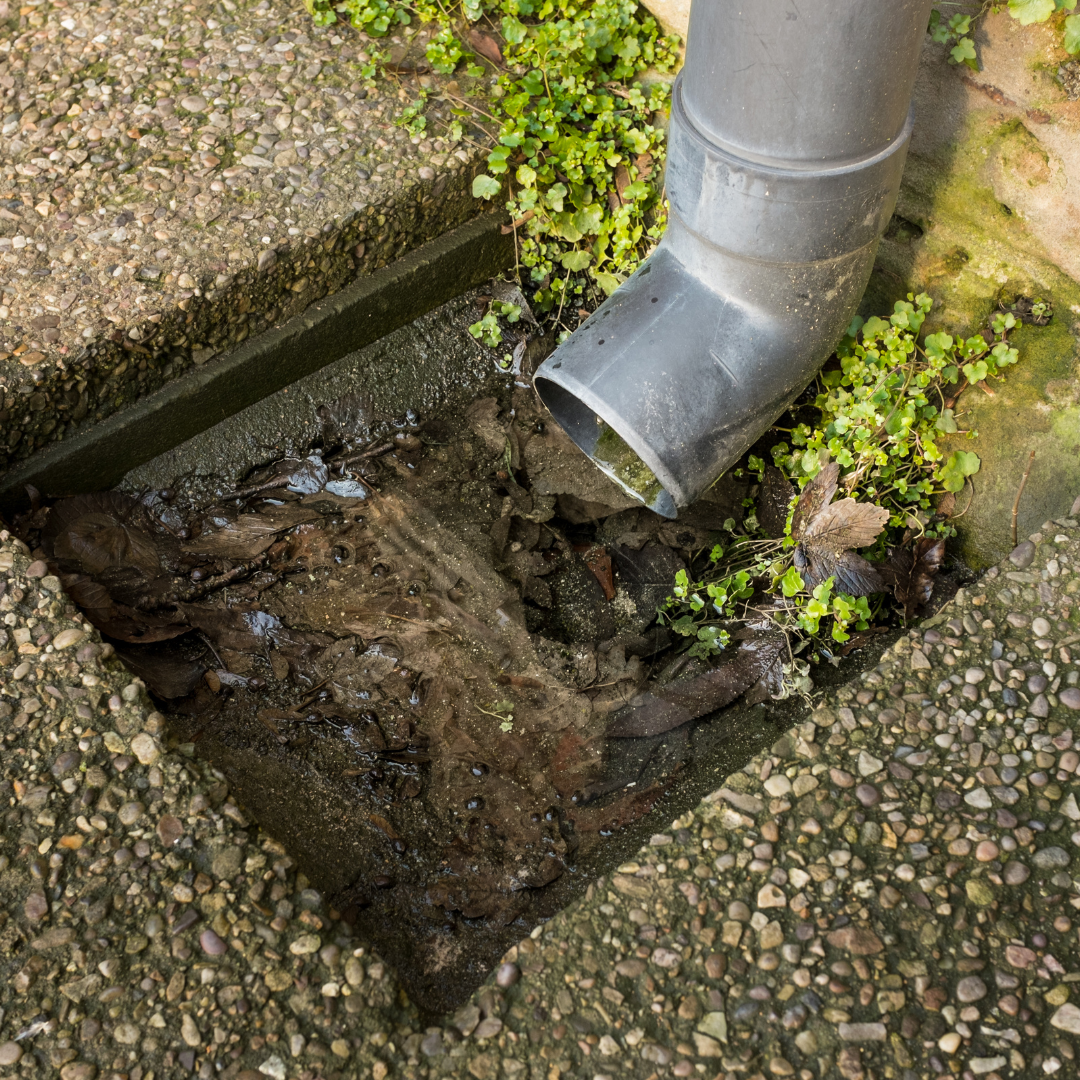Clogged sewers and drains are a common household nuisance, in St. Louis, MO that can quickly escalate into a major issue. This problem occurs when debris, such as hair, grease, food particles, and tree roots, accumulates within the pipes, hindering the smooth flow of wastewater.
Blocked sewers and drains are a frequent household problem in St. Louis, MO, and can quickly become a big issue. This happens when things like hair, grease, food bits, and tree roots build up in the pipes, making it hard for wastewater to flow smoothly.

Grease and Oil: These turn solid and stick to the inside of pipes, causing clogs over time.
Hair and Soap Scum: These can collect in bathroom drains, especially in showers and sinks.
Food Particles: Food scraps, particularly those that are fibrous or starchy, can block kitchen sinks and garbage disposals.
Tree Roots: Over time, tree roots can grow into pipes, causing major blockages.
Foreign Objects: Accidentally dropped items like jewelry, toys, or other things can also cause clogs.
Slow Draining: Water moves more slowly, causing trouble and possible water damage.
Overflowing Drains: Bad clogs can make water go back into sinks, tubs, and toilets.
Sewer Backup: In very bad cases, clogs can cause sewage to come back, making homes dirty and unsafe.
Structural Damage: Clogs that keep happening can hurt pipes, maybe causing cracks or leaks.
Clean Regularly: Clean drains often with hot water and a drain cleaner.
Don't Pour Grease: Never put grease or oil down the drain.
Use Drain Covers: Put drain covers to catch hair and other stuff.
Get Professional Help: Have a professional clean your drains regularly to stop build-up.
Check for Tree Roots: Look at pipes often for tree roots and fix the problem quickly.
How Plumbing Innovations Can Help Clogged Sewers and Drains
New plumbing technologies are changing how we handle sewer and drain upkeep. Here’s how these improvements can help:
Video Pipe Checking: This lets plumbers see inside pipes, finding the exact spot and reason for clogs.
Sound Wave Leak Finding: This uses sound to locate leaks and blockages, making it simpler to fix the issue.
Water Jetting: A strong water stream is used to clear out tough clogs, like grease, hair, and tree roots.
Advanced Cable Snakes: These tools can move through tricky pipe systems and break up hard clogs.
Enzyme Drain Cleaners: These eco-friendly products break down organic material and help stop drains from getting clogged again.
Real-Time Alerts: Smart sensors can spot problems such as leaks, low water pressure, or potential clogs, letting you fix them early.
Remote Control: Some systems let you manage water flow and temperature from a distance, saving water and lowering the chance of clogs.
Regular Inspections and Cleaning: Doing routine maintenance can prevent blockages from forming and catch problems early.
Water-Saving Devices: Using low-flow devices helps save water, which lowers the number of debris that can accumulate in pipes. By adopting these smart solutions, homeowners and businesses can enjoy better-functioning plumbing systems, less water waste, and fewer urgent repair calls.

Knowing the basics of your St. Louis home’s drainage system can help you avoid expensive problems and keep your living space clean and safe. Here’s what you need to know:
Use Drain Strainers: These can catch hair and food particles.
By doing these things and fixing problems right away, you can keep your home’s drains working well and avoid expensive repairs. At Plumbing Innovations, we send our top plumbing experts to help you!
It’s good to get your drains cleaned by a professional every 1-2 years.
Hydro jetting is a strong cleaning method that uses high-pressure water to remove blockages and dirt from pipes.
Chemical drain cleaners can be rough and harmful to pipes. It’s usually better to use natural methods or hire a professional cleaner.
– Preventive Ma
intenance: Regular checks and maintenance to stop problems before they happen.
– Corrective Maintenance: Fixes problems or breakdowns that have already occurred.
Call a professional plumber, like us at Plumbing Innovations, right away to fix the problem and stop any more damage.
Copyrights © 2025 Plumbing Innovation, All Rights Reserved